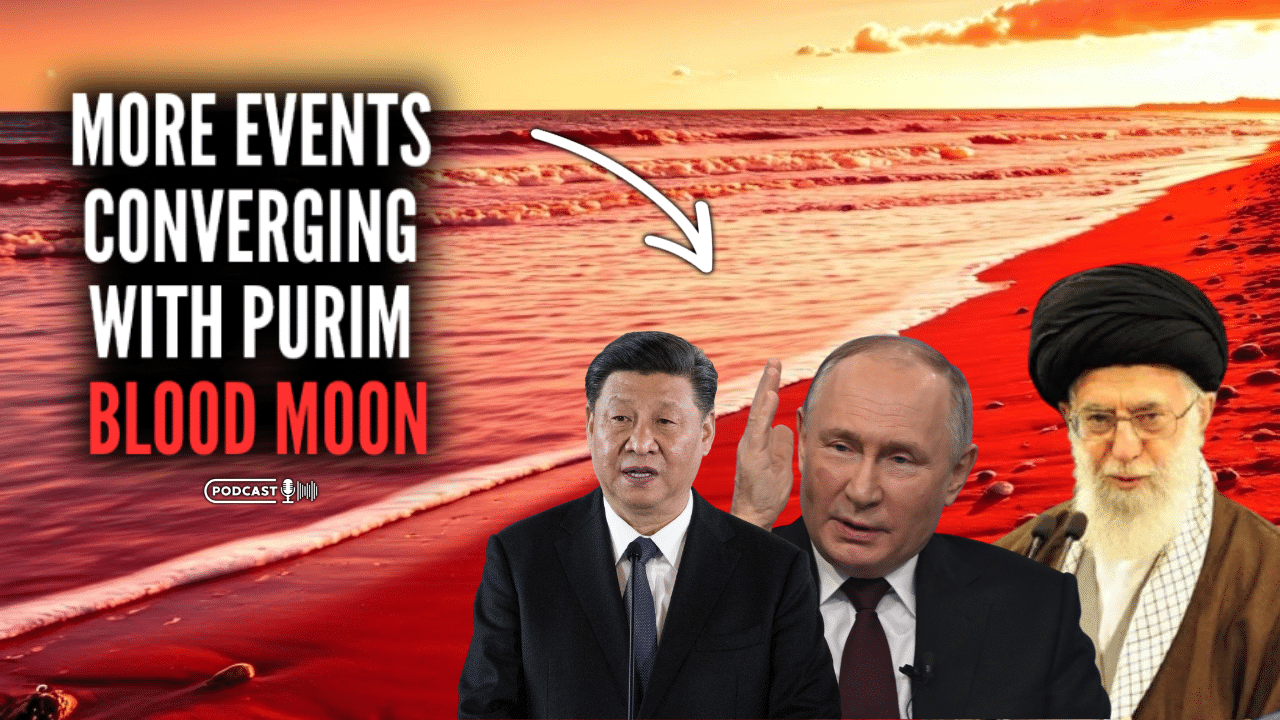Israel conducted its first airstrikes in Syria in nearly a month, targeting government weapons in response to two projectiles fired toward Israeli territory, according to Reuters.
The Israeli military held Syria’s interim President Ahmed al-Sharaa directly responsible for the attacks, marking a significant escalation in tensions between the two nations.
The projectiles, which landed in open areas in the Israeli-occupied Golan Heights, were the first reported from Syria since the fall of longtime ruler Bashar al-Assad in December 2024.
Israel’s Defense Minister Israel Katz emphasized that the Syrian regime would face consequences for any hostile actions originating from its territory, stating, “We view the president of Syria as directly responsible for any threat or fire directed at the State of Israel.”
Syria’s foreign ministry denied responsibility for the projectiles, asserting that the country “has not and will not pose a threat to any party in the region.”
Damascus condemned the Israeli strikes, reporting “heavy human and material losses” and describing them as a “blatant violation of Syrian sovereignty.”
The Syrian government further noted that it was working to confirm the projectile launches and stressed the need to eliminate armed groups in southern Syria to restore state control.
The Israeli military reported striking targets in the Damascus countryside, as well as Quneitra and Daraa provinces, with local residents noting shelling in the Wadi Yarmouk region.
A Syrian official suggested that “remnants of Assad-era militias linked to Iran” in the Quneitra area may have provoked the attack to destabilize the region.
Additionally, a little-known group called the “Martyr Muhammad Deif Brigades,” referencing Hamas’ military leader killed in 2024, claimed responsibility for the projectiles, though Reuters could not verify this claim.
This incident follows a period of relative calm, marked by diplomatic efforts including U.S. President Donald Trump’s meeting with Sharaa and the lifting of U.S. sanctions on Syria in May 2025.
Israel, which has frequently bombed Syria this year, describing its new leadership as “jihadists,” has also deployed troops to southwestern Syria, refusing to allow the new government’s security forces to operate there.
The airstrikes coincide with heightened regional tensions, as Israel simultaneously intercepted a missile from Yemen’s Iran-aligned Houthis, who claimed to target Jaffa in support of Palestinians amid the ongoing Gaza conflict.
The Syrian Observatory for Human Rights reported “violent explosions” in southern Syria, underscoring the intensity of the Israeli response.
Syria’s foreign ministry called on the international community to intervene and support efforts to restore stability, warning that such escalations aggravate regional tensions.
As Israel continues to assert its security concerns, particularly regarding the Druze minority and Iranian influence, the situation remains volatile, with potential implications for Syria’s fragile transitional government.










